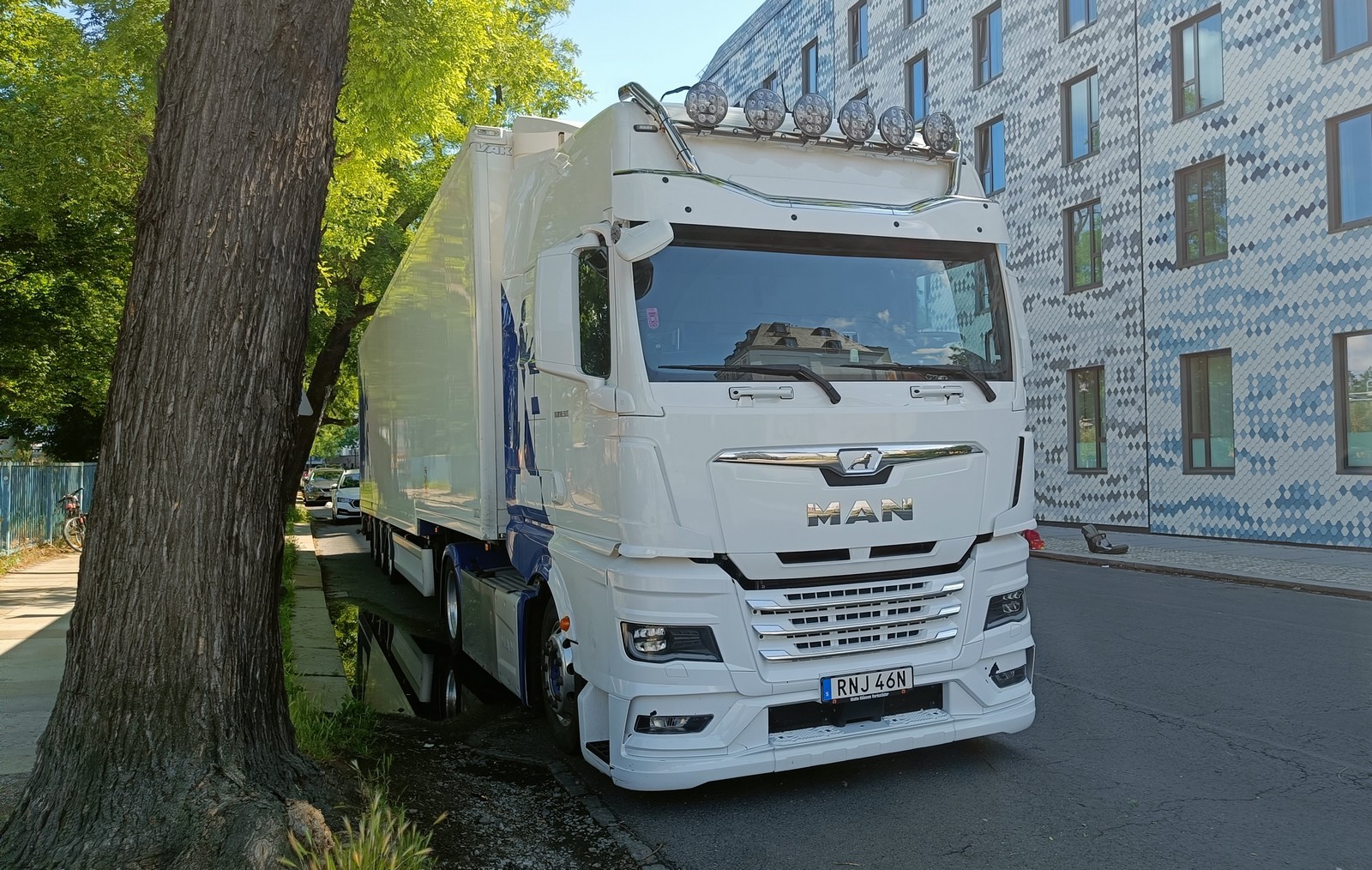Total road transport wage costs up almost 50% in 10 years, finds IRU

 You can read this article in 2 minutes
You can read this article in 2 minutes
This significant increase, says IRU, is a combination of a 27% growth in the number of people working in the sector and a rise in salaries. Between 2013 and 2021, road freight salaries in the EU increased by 18%, rising from EUR 16,940 to EUR 20,130 on average. These salaries vary widely among EU countries, with detailed breakdowns available in the briefing.
Spending on assets and services has increased at a slower pace than wages, by 37% and 49% respectively. Overall, road freight companies' expenditures on assets, services, and wages have risen by an average of 40% over the past ten years. At the national level, road freight operators in Belgium, Denmark, Luxembourg, and the Netherlands are the leaders in investment, with country-specific details provided in the briefing.
Energy costs have also escalated, affecting both passenger and freight road transport. Diesel costs have generally risen in all countries over the past decade, despite occasional drops such as during the pandemic. The ongoing war in Ukraine is expected to further drive up diesel prices due to its impact on the energy market.
Finally, wages and salaries (about 35%), investments in equipment (about 28%), and energy costs (about 24%) together constitute 87% of road freight companies' total expenses.